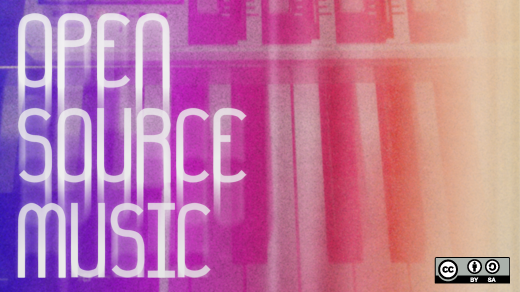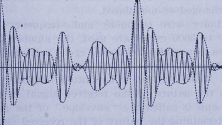This February marked the 50th year anniversary of the "Please Please Me" single in the US and the start of a year-long program of events to celebrate the Fab Four (The Beatles) in their hometown of Liverpool.
Throughout the year of 1963, the popularity of The Beatles had been growing steadily with fan frenzy increasing. Beatlemania was officially declared on October 13, 1963 when The Beatles performed at the London Palladium to a British television audience of 15 million. Though The Beatles have been the most commercially successful and critically acclaimed act in the history of pop music, their role in fostering the open source movement is often forgotten or slighted.
Many would say that music has never been the same since The Beatles graced the world stage. Such young, talented, and innovative musicians sang their hearts out and captured the world with their charm, wit, and poise. They introduced the Liverpool (Scouse) accent and sense of humor to the world. They transformed history. They revolutionized the recording industry by turning the music establishment on its head. Elvis Presley has sold over a billion record units worldwide, more than anyone in the history of the record industry, but he never performed to live audiences outside the US.
The Beatles did, of course, perform to live audiences around the world. Nevertheless, The Beatles grew up listening to Elvis, watching his films, and worshipped him like millions did. Paul McCartney has said, "when we were kids growing up in Liverpool, all we ever wanted to be was Elvis Presley." After all, Elvis had been the King' of rock 'n roll and he was their idol.
Though Elvis had great taste and ability for musical arrangements, Elvis had songwriting input on only a very small number of songs. Colonel Tom Parker demanded Elvis get songwriting credit from songwriters so Elvis could collect the royalties. The Beatles, by contrast, insisted that they write and record their own songs. And they were the first group to do so to the extent that they did.
Few could rival the songwriting talent of John Lennon and Paul McCartney then or now. Not only did The Beatles release hit record after hit record, they fundamentally shook the music industry by releasing the complete lyrics with their epic album Sgt. Pepper's Lonely Hearts Club Band in 1967. No one had ever published the complete lyrics on a major pop/rock album before then. Such publication allowed the masses to actually read the words of a song. It raised the potential for copying, an up until then closed secret. Today, it is standard to print the lyrics.
The Beatles however did not believe music was the reserve of the elite or a subset of society. They had grown up listening to pop/rock on Radio Luxembourg and from American records that filtered into the port of Liverpool. As result, they had access and availability to music that others at the time lacked, partly based on Liverpool being a port and having a diverse population. The Beatles were thus exposed to a range of music and people, which they incorporated into their songs. As teens, they listened to Elvis's songs on the radio and then emulated him, but without breaking any copyright laws.
Moreover neither John, Paul, George, nor Ringo had any formal musical training. Their childhood upbringings still speak and hold meaning for kids who dream and yearn for stardom. And it's great for children who are unable to visit Liverpool to be able to follow the lives of The Beatles and see how they journeyed from such hardscrabble beginnings to global musical icons.
Once Beatlemania struck full force, The Beatles soon became a global phenomenon and in particular fostered transatlantic links between Britain and the United States. Before Beatlemania, there were music groups or singers like Buddy Holly and the Crickets, or Elvis, that enjoyed success on both sides of the Atlantic. In the autumn of 1963, with screaming young fans, especially girls, appearing everywhere in Britain and across Europe, Beatlemania was becoming a sensation and spreading. On February 9, 1964, The Beatles made history when they gave their first live US television performance on The Ed Sullivan Show, with approximately 73 million viewers. It is one of the biggest moments in television history.
At heart, The Beatles remained innovators. In 1965, they performed the first stadium rock concert to a live audience of 55,000 at Shea Stadium in Queens, New York; comically few had doubted the success of it. In 1966, they produced the first music video with Paperback Writer; the original television music channel for playing music videos did not come out until August 1981 and the ability to watch such music videos online did not really exist until 2005, and until platforms like YouTube. In 1967, The Beatles performed the first live global satellite broadcast with "Our World" to an audience in 19 countries. Some could argue that these attempts, especially the first live global satellite broadcast, helped to create a more open, global society with digital technology.
Recently, The Beatles made history again in January 2013, as "Love Me Do" and "P.S. I Love You" entered the public domain in Europe. As lyrics to songs and musical compositions become available to the public, do you think they contribute to a more open music industry?







1 Comment